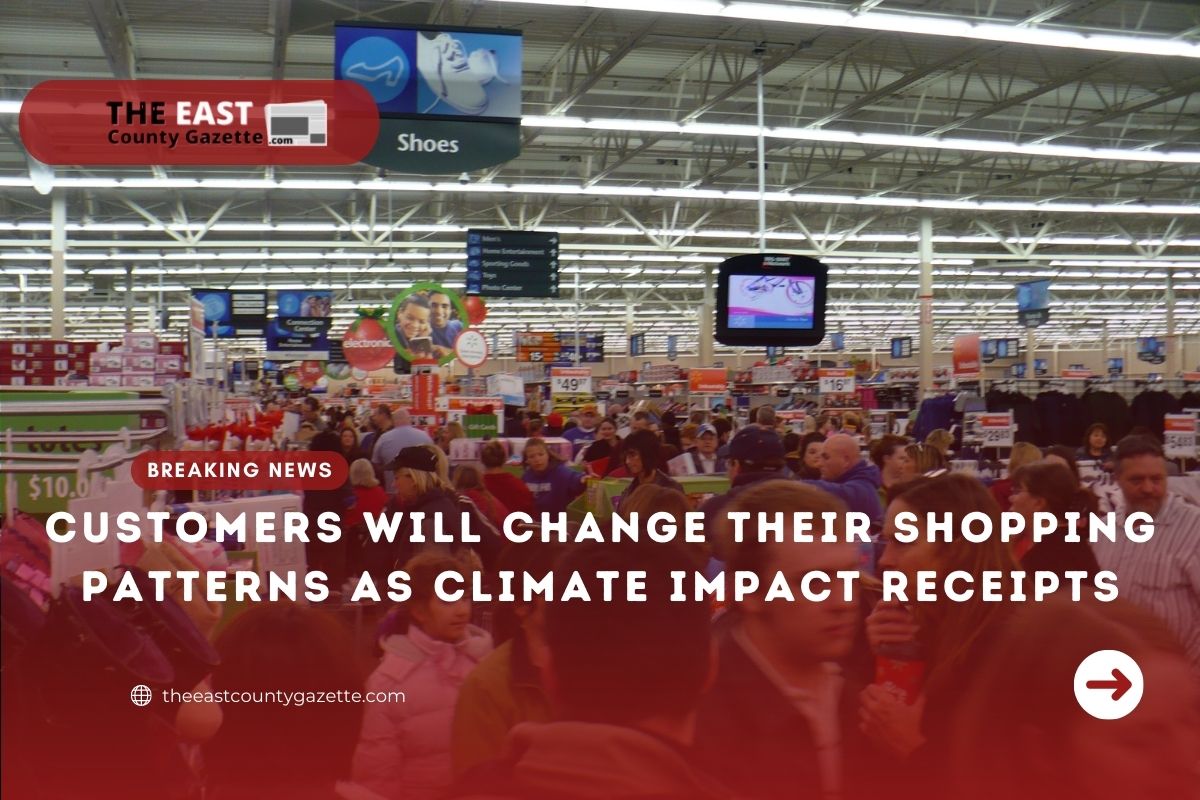In line with the new program from Norway, when people are educated and given the ability to make sustainable decisions, many will make the best out of it.
Oda, Norway’s most popular online grocery company (formerly Kolonial.No), aims to cut its emissions in half by 2025.
The company upgraded its electric delivery vans and changed from plastic to paper bags to reduce its carbon footprint, as per the Upwork report. However, these measures were not enough.
The company then examined its own products, which were the biggest source of carbon emissions in the company.
With the latter, the company knew that the only way to create a real impact would be by changing what its customers consume and buy.
“Our customers told us that they find it close to impossible to know what is climate-friendly. We thought it was an important challenge to solve so we started looking for easy ways to communicate emissions,” Louise Fuchs, sustainability director at Oda, said according to Yahoo News.
“We do not want to point fingers and tell our customers what to buy and what to avoid,” she added.
So the company created climate receipts that show both the food’s cost in kroner and CO2 emissions at the same time.
Oda categorized its CO2 emissions into four groups: low, medium, high, and very high. As an example, here is what Oda’s carbon footprint looks like.

This graph is eye-opening because it illustrates the high price we pay as a species in terms of red meat consumption.
Similarly, it illustrates why eating fruits and vegetables are good for the environment.
According to The Guardian, 57% of the greenhouse gas emissions resulting from food production come from meat production.
Only 29% of the food we eat is derived from plants.
Upon checkout, customers can now see the impact of their grocery shopping on the environment.

Read More: Kansans Who Qualify for Free Housing Upgrades Can Take Advantage of This Offer.
Due to the company’s new program, Oda’s customers have changed their shopping habits after learning how their actions affect the environment.
“Our customers already bought buy more than 50 percent more fruit and veg than the average consumer and meat substitutes are growing 80 percent year-on-year since we added the carbon receipts,” Fuchs said.
“Lentil soup was one of our top ten sold recipes last year—the previous years it was nowhere near the top ten,” she added.
It is a great idea that Oda is educating its customers about planet-friendly choices in a simple, but effective way.
The company’s commitment to sustainability is also commendable, as it puts the planet before profit.
“We were the first in Norway to create the climate receipt and a year after we have seen examples of other grocers following the trend. This is great news for the consumers and we hope more will follow,” Fuchs said.
There are many people who would like to help the environment more, but they are not sure how.
With Oda’s receipts, the average person becomes empowered to make climate-friendly decisions on a regular basis.
This idea should catch on in other countries so that people will be more inclined to shop and eat in a more sustainable way

